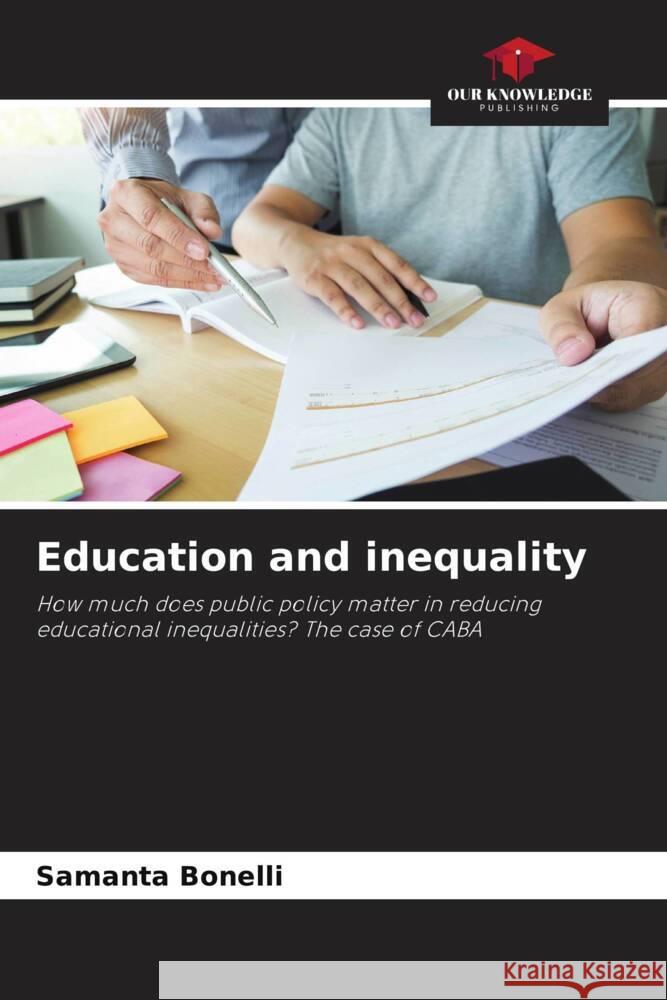Education and inequality » książka
Education and inequality
ISBN-13: 9786206944577 / Angielski / Miękka / 64 str.
Much of the literature has focused on the characteristics of educational demand, what students "bring" with them to school to explain existing inequalities. However, if students' learning is strongly conditioned by their socio-economic context, how important are public policies in reducing educational inequalities? This paper aims to answer this question by analysing the case of the Autonomous City of Buenos Aires based on data from the national learning assessment Aprender 2016, identifying supply-side factors that also contribute to explaining unequal learning in the Buenos Aires territory. The argument is that, while factors associated with educational demand impose constraints on learning levels, these also depend on the capacity of the state to offer and guarantee the provision of the public good of quality education with success and homogeneity throughout its territory. An analysis of the data reveals the scope for action and public responsibility in reducing inequalities.











